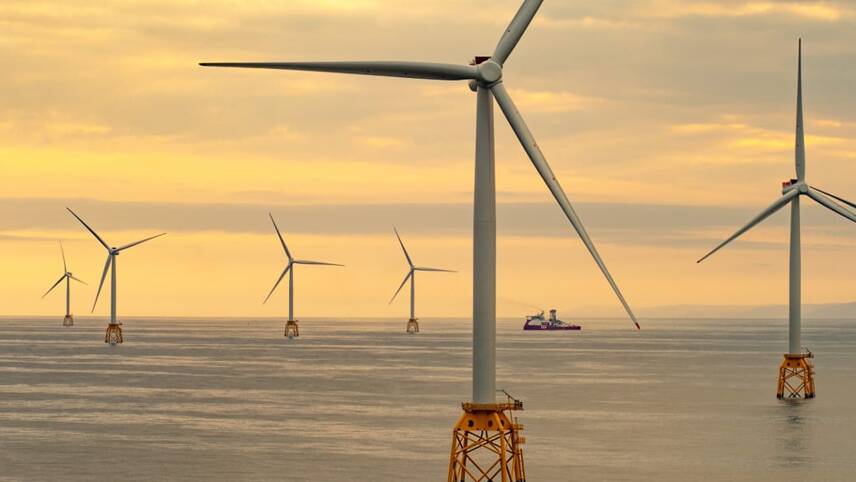Member only content free until 26/05/2024
To continue reading this article and enjoying free access to all Utility Week’s content up to the 26/05/2024 Register today!
Ready to become a member?

Key figures from the offshore wind sector have been invited to a meeting with energy minister Graham Stuart on Tuesday [12 September], an industry source has told Utility Week.
It comes after no offshore wind projects were successful in the latest Contracts for Difference auctions due to the government’s refusal to raise the cap on strike prices, despite repeated warnings over ballooning costs.
Commenting on the results, the source said: “It’s not good. I know the government has said we’ve got a record number of projects and they’re trying to put the best face on it but the fact that you’ve got onshore wind and solar clearing at higher prices that the administrative strike price for offshore wind tells you something.”
On the hour-long meeting scheduled for Tuesday, the source said: “They must have known for a while that this was a possibility because I don’t recall them setting up these kinds of meetings after previous auction rounds.
“Although we are annoyed about certain things, government is being constructive and they are talking to us about a whole range of things,” they added.
“I think there are people in government who do get it, who do understand that there’s a problem and that they need to fix this quickly. And that, yes, the strike price is obviously the big thing but actually there’s probably some other things we should be discussing as well around investment allowances or tax breaks for certain parts of the sector.
“And all the way up to bigger picture things like planning, environmental impact assessments, grid connections: all those things that slow a project down. Obviously the longer it takes, the more money it costs.”
Meanwhile, the Energy and Climate Intelligence Unit has suggested that the government could hold an extra stopgap auction for offshore wind to rectify the situation.
Head of analysis Simon Cran-McGreehin said: “The government will have a certain amount of flexibility and latitude. It’s question of how much it wants to use it. The simplest option is not to rerun it but wait for next year’s auction, but we’ve seen today industry saying they need certainty quicker than that.”
He continued: “Normally the parameters for the next auction would be issued before Christmas or in Spring but they want to know this autumn what the boundaries are going to be. They want to know that it’s going to be worth their while hanging around in the UK and putting in bids for the auction next year.”
“And yes, they are able to run auctions more often. They used to run every two years and then, as of last year, they’re every one year so they have that flexibility. They could run them differently if they want to and these are extraordinary circumstances.”
“We’re not calling for this to happen, we’re not saying it’s the right answer,” he added.
But he said the government does need to find a way to “backpedal and fix this situation quickly as possible, whether it’s running an extra auction quickly – because everyone’s got their figures ready, everyone knows what they would bid – or simply giving a lot more certainty early on about next year’s auction.”




Please login or Register to leave a comment.